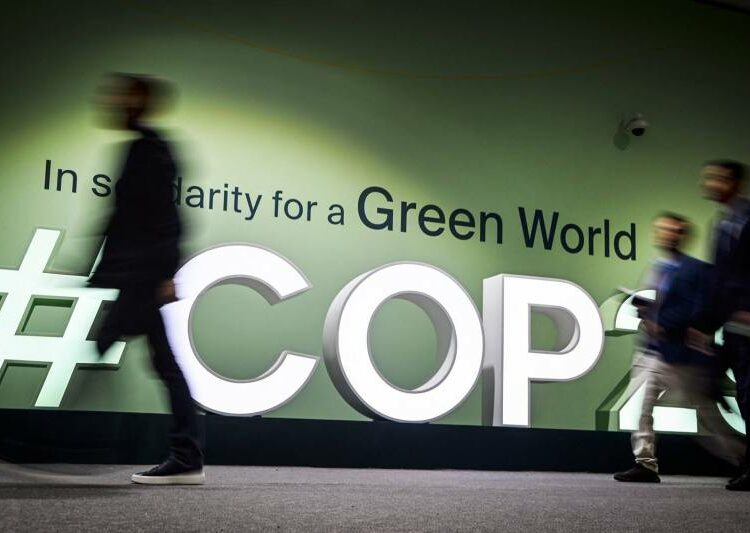Civil Society Organisations, including Health of Mother Earth Foundation (HOMEF) and Corporate Accounting Public Participation Africa (CAPPA) have unanimously dismissed the recently held 29th session of the Conference of Parties (COP29) of the United Nations Framework Convention on Climate Change as a failure in many aspects. They said the conference raised the hopes of the poor, vulnerable nations that finally, critical issues, including climate financing and gender mainstreaming would take centre stage.
“COP29 failed spectacularly on the finance note and the leader of the Nigerian delegation rightly called the minuscule amount offered an insult,” the CSOs said in a joint statement that was delivered during a media briefing in Abuja yesterday.
The CSOs are concerned that talks of loss and damage and other instruments of climate finance that were initiated in previous conferences became largely muted. The arrangement was on how much the rich polluting nations would contribute to help vulnerable nations adapt and build resilience to the scourge. “In their place emerged a contentious concept of New Collective Quantified Goals (NCQG) – a new mechanism requiring that everyone contributes to the finance pot in the same thought pattern that birthed the Nationally Determined Contributions (NDC), the hallmark of voluntary emissions reduction according to convenience,” the executive director of HOMEF, Nnimmo Bassey stated.
They expressed concern that the new opening to carbon markets and mechanisms will divert funds to false solutions such as carbon capture and storage, geoengineering, carbon offsets, carbon credits, biodiversity credits, and other market-based schemes that perpetuate climate chaos, and violate the rights of Indigenous peoples
Emissions Gap reports issued by the United Nations Environment Programme (UNEP) in 2023 and in 2024 show that if nations carry out their NDCs, the world would experience temperature increases far above the 1.5C and 2.0C targets set by the Paris Agreement.
As a solution to what they described as insincerity of the United States, China and other major industrial countries against the global south, the group called for community-led solutions to halt pollution at the source, ensure sovereignty of the peoples over their forests, water bodies and general territories.
“We demand the recognition by rich, polluting and industrialized nations, of a climate and ecological debt they owe and payment of same. This debt is estimated at an annual rate of $5-8 trillion and its payment will end the squabbles over climate finances whose targets are set but are never pursued or met.
“We call for an end to false solutions and demand the halting of emissions at source by urgently phasing out fossil fuels. Communities and nations that have kept fossil fuels in the ground should be recognized as climate champions and duly compensated for such actions. The people of Yasuni in Ecuador, Ogoni in Nigeria, Lofoten in Norway and others have shown the way.
We demand an urgent cleanup of areas polluted by fossil fuel exploitation and the provision of clean renewable energy to energy-poor communities.
“Nigeria and other African countries should place a ban on geoengineering experimentations, including solar radiation management, ocean fertilization, rock weathering and others.
We denounce false solutions and market-based mechanisms that include carbon offset schemes, carbon removals and others,” the CSOs echoed yesterday.
The earlier principle requires that the rich and highly polluting nations who contributed disproportionately to the stock of greenhouse gases in the atmosphere must own up to their historical responsibility, cut emissions at source and provide finance to help the vulnerable nations that have not contributed to the problem at any significant level. “This principle was essentially turned on its head when the Copenhagen Accord outcome of COP15 held in December 2009.”
We’ve got the edge. Get real-time reports, breaking scoops, and exclusive angles delivered straight to your phone. Don’t settle for stale news. Join LEADERSHIP NEWS on WhatsApp for 24/7 updates →
Join Our WhatsApp Channel











